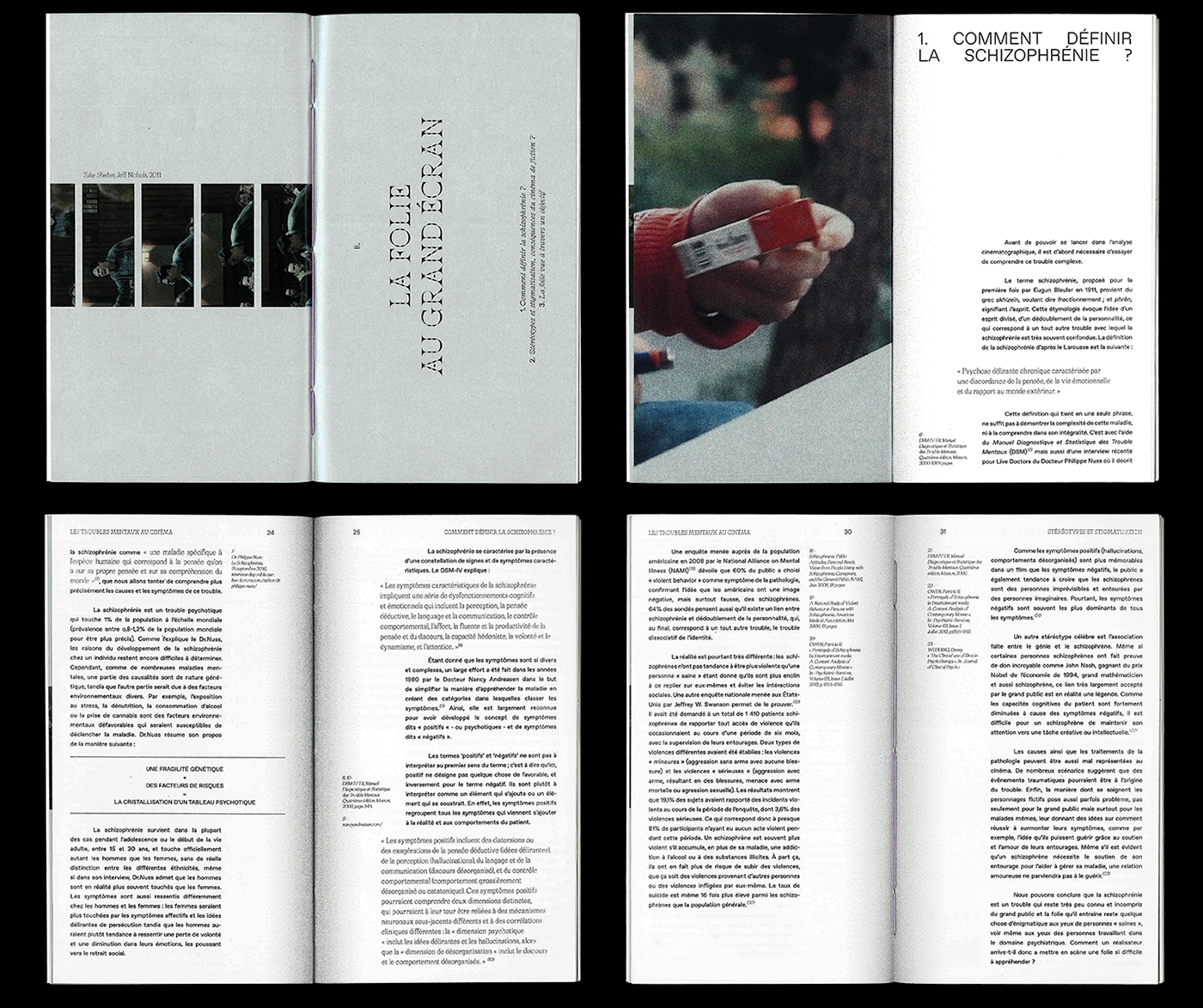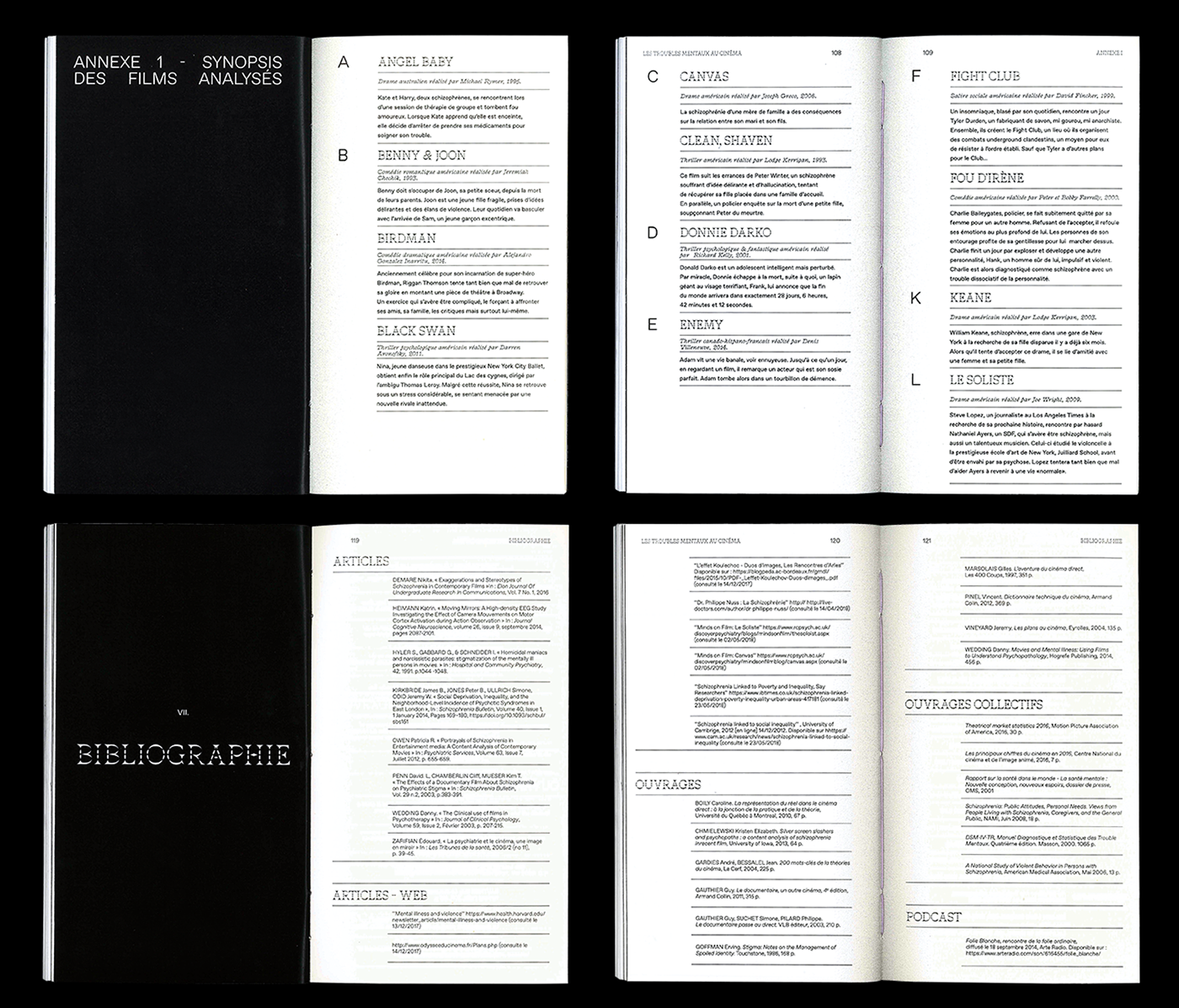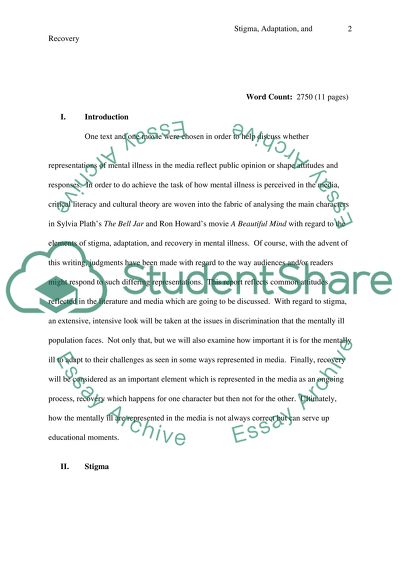Do you search for 'mental representation thesis'? Here you can find questions and answers on the topic.
Table of contents
- Mental representation thesis in 2021
- Mental representation
- Mental representation thesis 03
- Mental representation thesis 04
- Mental representation thesis 05
- Mental representation thesis 06
- Mental representation thesis 07
- Mental representation thesis 08
Mental representation thesis in 2021
 This picture shows mental representation thesis.
This picture shows mental representation thesis.
Mental representation
 This image demonstrates Mental representation.
This image demonstrates Mental representation.
Mental representation thesis 03
 This picture shows Mental representation thesis 03.
This picture shows Mental representation thesis 03.
Mental representation thesis 04
 This picture demonstrates Mental representation thesis 04.
This picture demonstrates Mental representation thesis 04.
Mental representation thesis 05
 This image shows Mental representation thesis 05.
This image shows Mental representation thesis 05.
Mental representation thesis 06
 This picture demonstrates Mental representation thesis 06.
This picture demonstrates Mental representation thesis 06.
Mental representation thesis 07
 This picture demonstrates Mental representation thesis 07.
This picture demonstrates Mental representation thesis 07.
Mental representation thesis 08
 This picture representes Mental representation thesis 08.
This picture representes Mental representation thesis 08.
Are there any objections to the representational theory?
The (strong) representational theory entails the obvious supervenience claim: that there can be no difference in sensory qualities without a representational difference. Objections to the theory have most often come in the form of counterexamples to that thesis. But we shall begin with four more general complaints.
What is the concept of a mental representation?
The notion of a “mental representation” is, arguably, in the first instance a theoretical construct of cognitive science. As such, it is a basic concept of the Computational Theory of Mind, according to which cognitive states and processes are constituted by the occurrence, transformation and storage (in the mind/brain) of information-bearing ...
When is a mental representation a quasi-pictorial representation?
According to Kosslyn (1980, 1982, 1983), a mental representation is “quasi-pictorial” when every part of the representation corresponds to a part of the object represented, and relative distances between parts of the object represented are preserved among the parts of the representation.
Which is the best description of Strong representationalism?
Strong representationalism (defended by Dretske, Tye and Lycan) is the view that representation of a certain kind suffices for a sensory quality, where the kind can be specified in functionalist or other familiar materialist terms, without recourse to properties of any ontologically “new” sort.
Last Update: Oct 2021